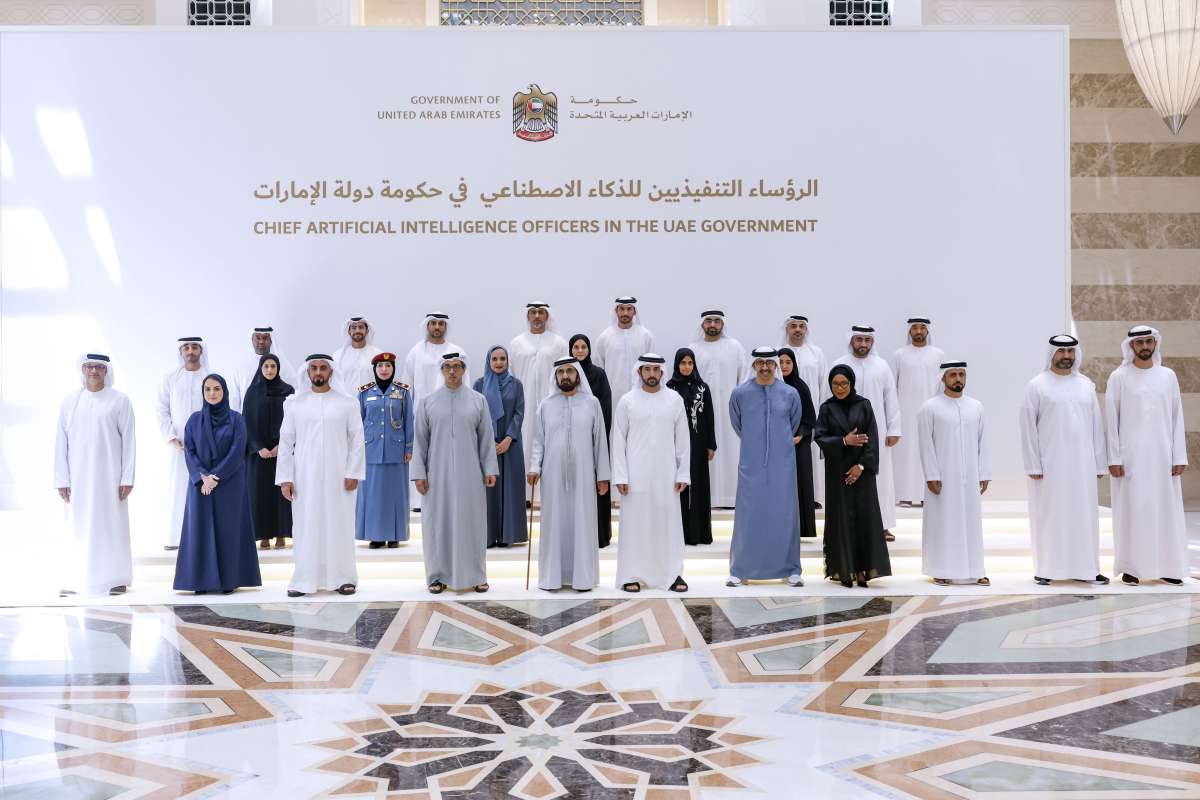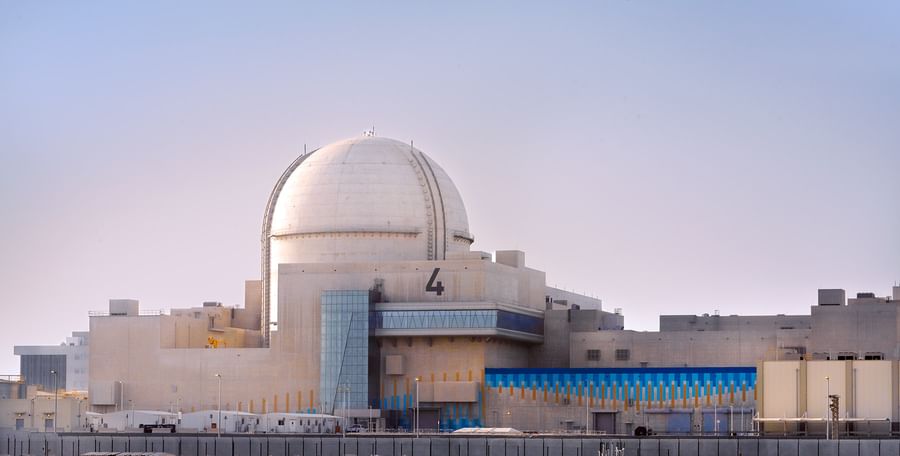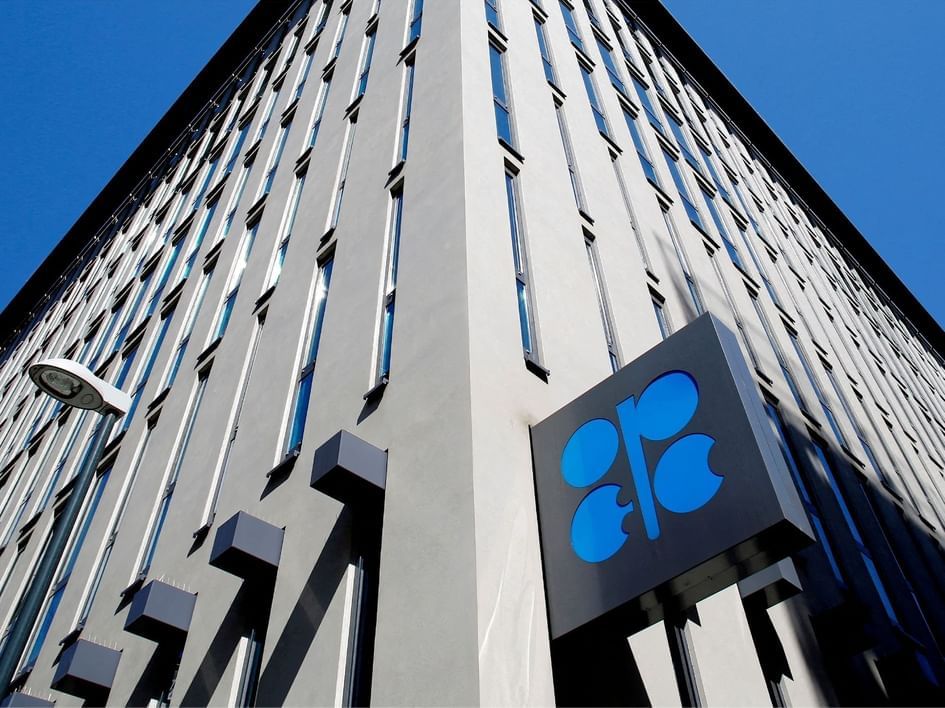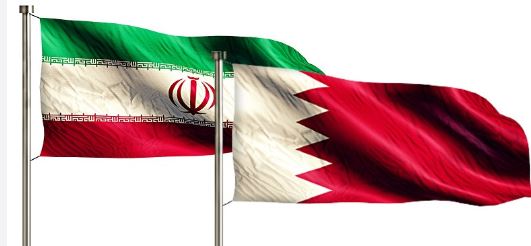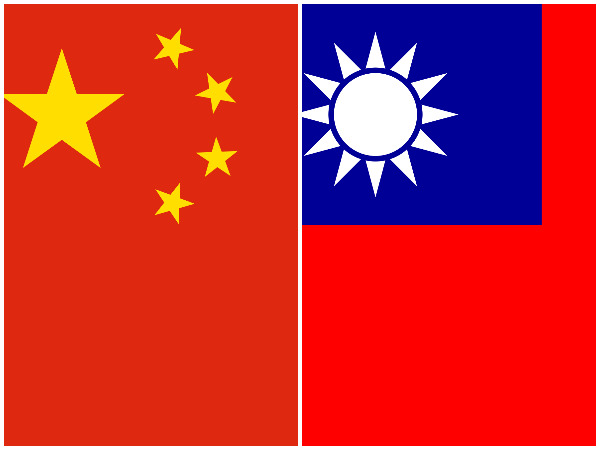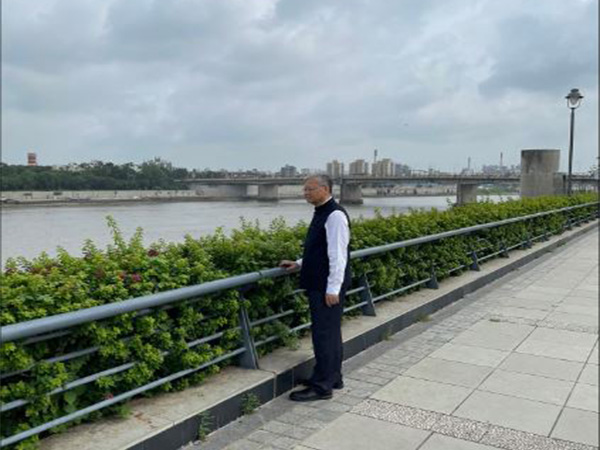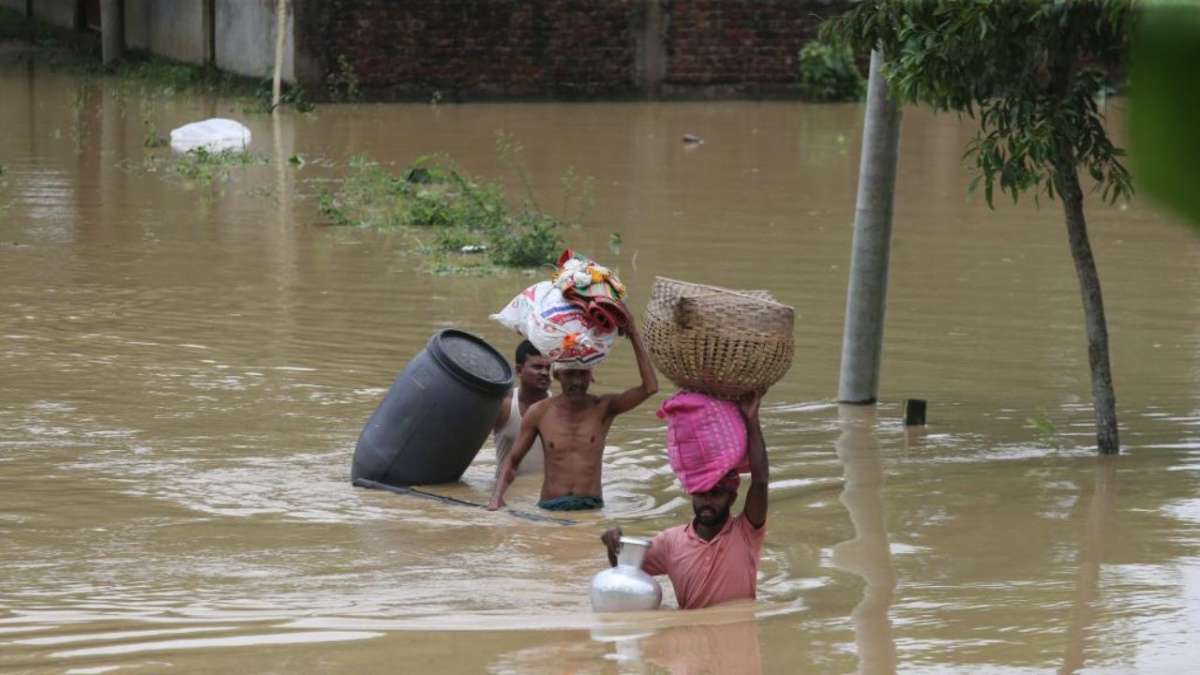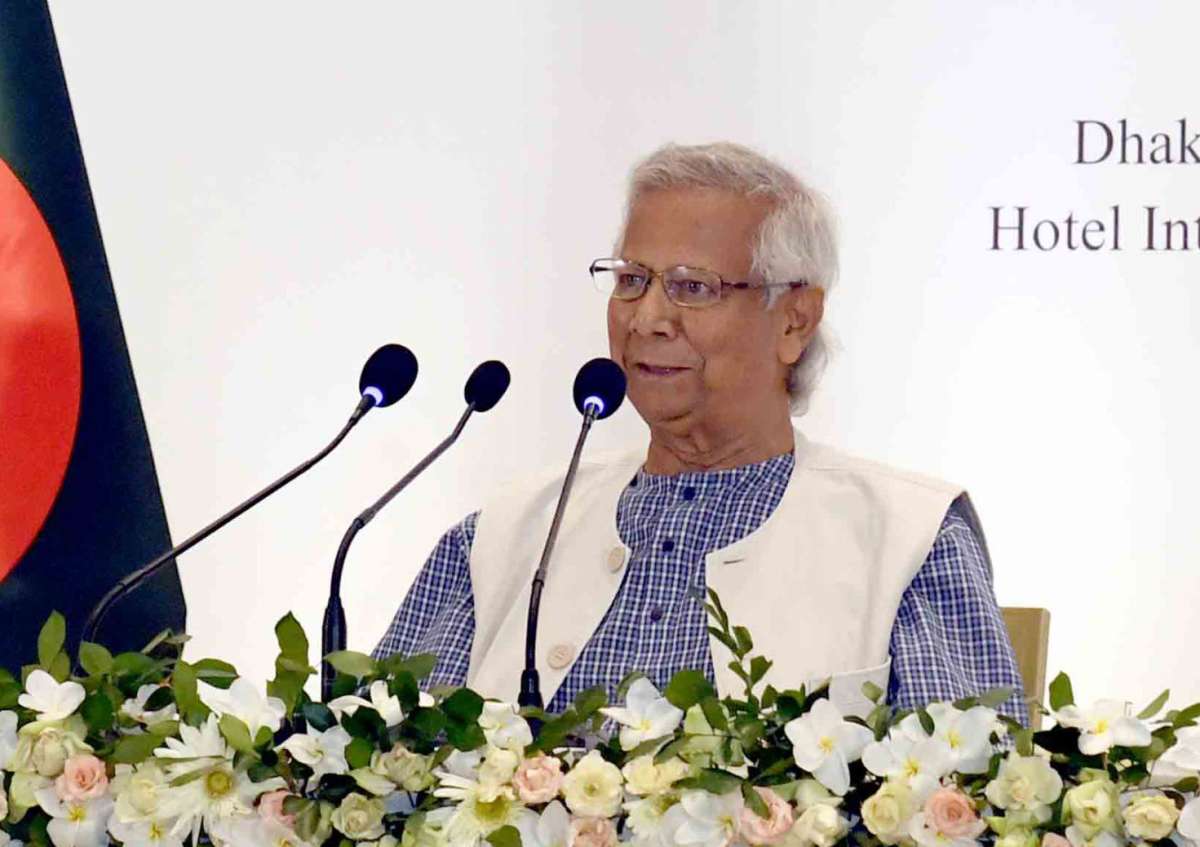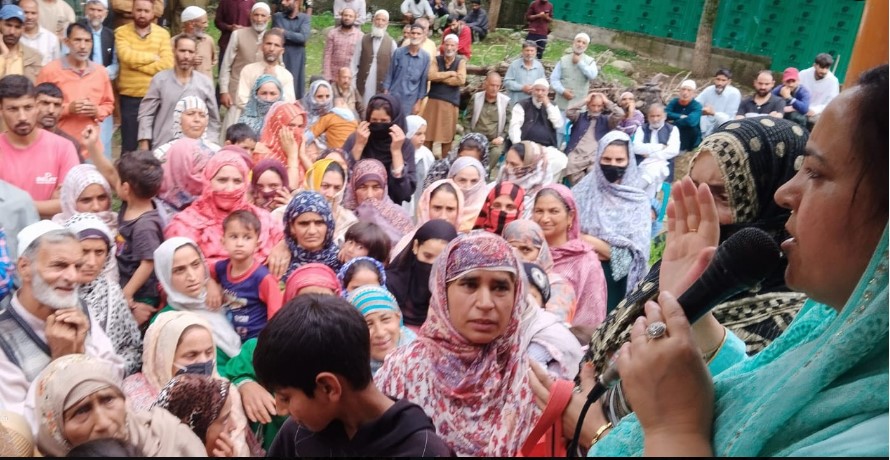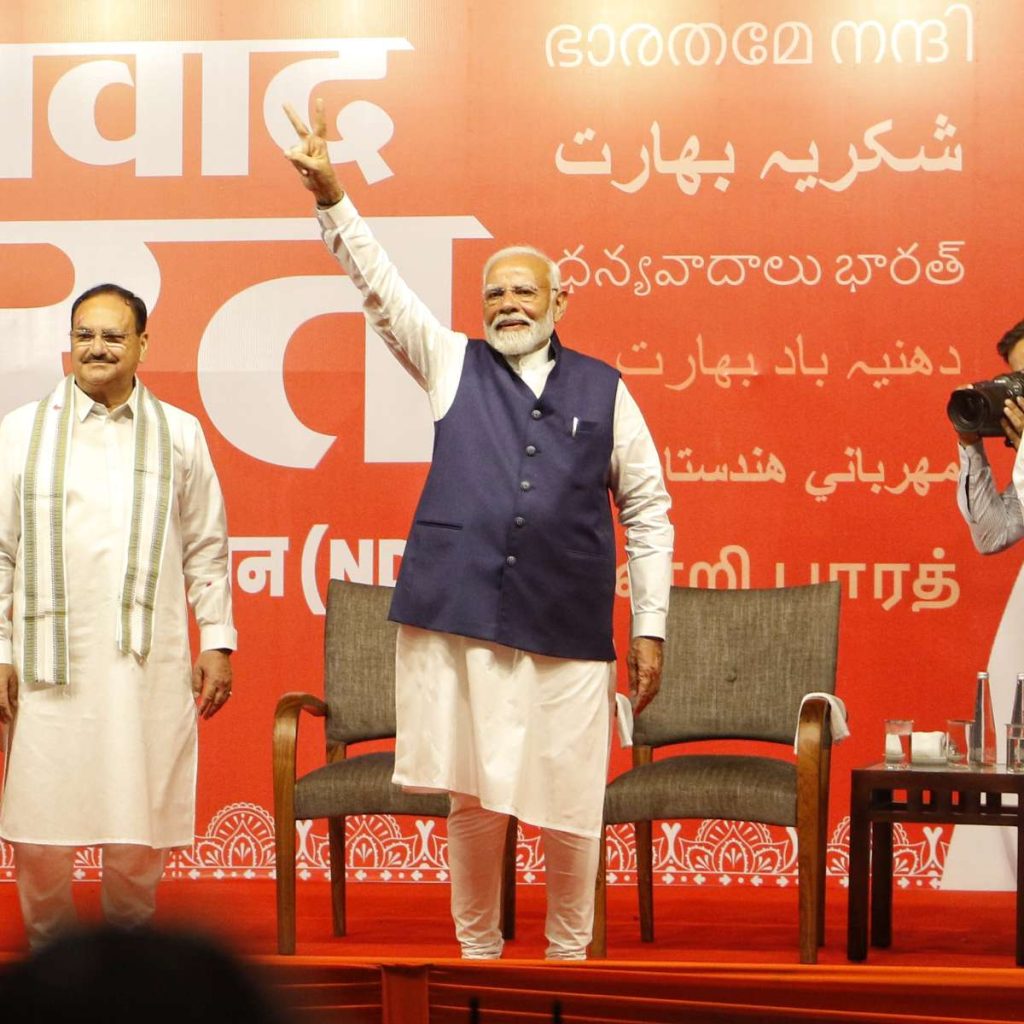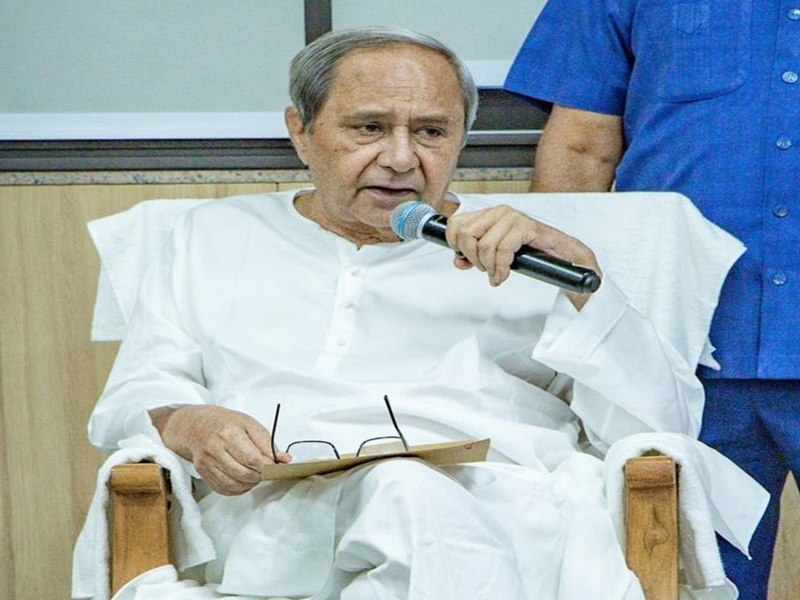His Highness emphasised that investing in the nation’s human capital is a cornerstone of this strategy, ensuring a prosperous tomorrow for generations to come….reports Asian Lite News
His Highness Sheikh Mohammed bin Rashid Al Maktoum, Vice President, Prime Minister and Ruler of Dubai, said that the UAE, under the leadership of President His Highness Sheikh Mohamed bin Zayed Al Nahyan, has emerged as a global hub for innovation and a leading platform for advanced technology and Artificial Intelligence solutions.
“This progress stems from a forward-looking vision that embraces sustainable development and investment in Emirati individuals to lead change, elevate government work, and take it to advanced stages,” H.H. Sheikh Mohammed added during his meeting with the Chief Artificial Intelligence Officers in the UAE government, where His Highness also honoured the graduates of the 2023 UAE Government Leaders Programme.
The event took place at Qasr Al Watan in Abu Dhabi, in the presence of His Highness Sheikh Mansour bin Zayed Al Nahyan, Vice President, Deputy Prime Minister, and Chairman of the Presidential Court; His Highness Sheikh Hamdan bin Mohammed bin Rashid Al Maktoum, Crown Prince of Dubai, Deputy Prime Minister, and Minister of Defence; H.H. Lt. General Sheikh Saif bin Zayed Al Nahyan, Deputy Prime Minister and Minister of the Interior; and His Highness Sheikh Abdullah bin Zayed Al Nahyan, Deputy Prime Minister and Minister of Foreign Affairs. During the meeting, the Chief AI Executive Officers in the UAE government were selected after the Cabinet, led by His Highness, had approved the creation of the new role of the ‘Chief Executive Officer for Artificial Intelligence’ in the ministries and federal entities.
During the meeting, His Highness emphasised that the UAE, founded on the principle of sustainable development, is committed to modernising government operations, fostering innovation, and enhancing efficiency. This strategic approach, His Highness continued, aims to position the UAE government as a global leader, delivering exceptional services and preparing for the future.
His Highness emphasised that investing in the nation’s human capital is a cornerstone of this strategy, ensuring a prosperous tomorrow for generations to come.
His Highness added: “Investing in our people is an investment in our future. By nurturing Emirati minds and talent, we’re securing a brighter tomorrow for generations to come. Our goal is to transform government operations, making the UAE a global leader in efficiency and preparedness.”
The selection of Chief AI Officers in the UAE government aims to enhance and expand the development of AI solutions and applications in government work.
This effort aligns with the objectives of the “We the UAE 2031” vision, which focuses on achieving global leadership in the fields of AI and digital technology and ensuring the sustainability of economic and social development in the UAE.
ALSO READ: UAE, Jordan sign investment deal in railway sector

